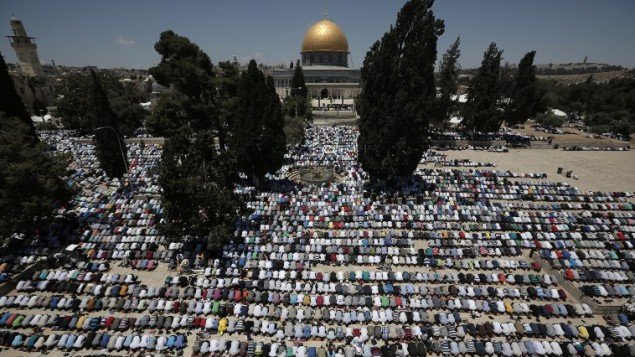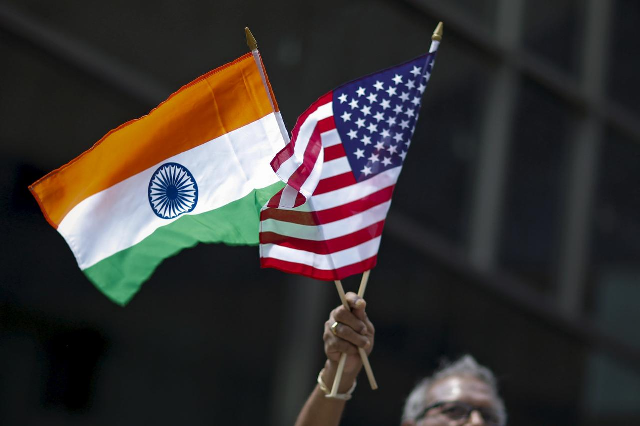
The measures, similar to those of previous years, were announced by COGAT, the unit which manages civilian affairs in the West Bank under the auspices of newly-appointed Defence Minister Avigdor Lieberman, a hardliner.
Up to 500 people from the Gaza Strip will be allowed to attend Friday prayers at the Israeli-controlled Al-Aqsa mosque compound in east Jerusalem over the holy month, set to begin on Sunday or Monday.
OIC moot: Palestine, Israel living in peace is our goal
In addition, 200 Gaza residents will be allowed to visit relatives in the West Bank during Ramadan, and 500 Palestinians from the West Bank will be authorised to visit family in Gaza, COGAT said.
Israel will also allow 300 Palestinians living abroad to visit relatives in Gaza, and 500 West Bank Palestinians would be permitted to travel out of Tel Aviv's Ben Gurion airport.
There will be additional allowances for the Muslim holidays which follow the end of Ramadan.
The COGAT statement said the measures were "in line with the Israeli civil policy striving to improve the quality of life" for Palestinians and "maintaining freedom of religion".
Israel has been facing a wave of Palestinian attacks since October that cost hundreds of Palestinian and Israeli lives, triggered in part by tensions over Al-Aqsa mosque compound, Islam's third holiest site.
The attacks have largely abated, but a ban remains in place on Israeli lawmakers -- both Muslim and Jewish -- from visiting the site, known to Jews as the Temple Mount, to prevent tensions from flaring.
But deputies in the Arab Joint List have informed the Israeli parliament they intend to pray at the site during Ramadan, regardless of the ban.

1736937713-0/Untitled-design-(100)1736937713-0-165x106.webp)
1736991329-0/Untitled-design-(62)1736991329-0-165x106.webp)
1736988313-0/kylie--(1)1736988313-0-165x106.webp)
1736984998-0/Trump-(5)1736984998-0-165x106.webp)




1733247124-0/032136238e63876-(1)1733247124-0-270x192.webp)







COMMENTS
Comments are moderated and generally will be posted if they are on-topic and not abusive.
For more information, please see our Comments FAQ